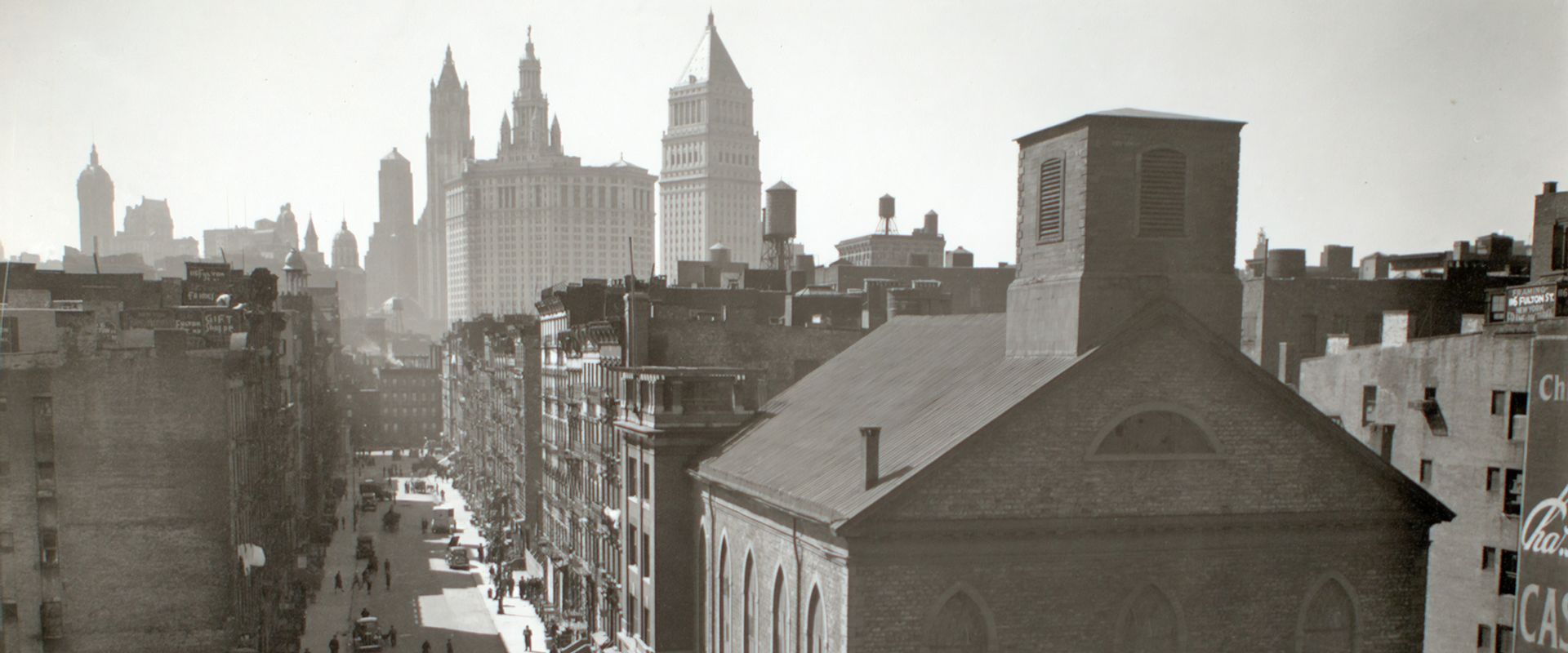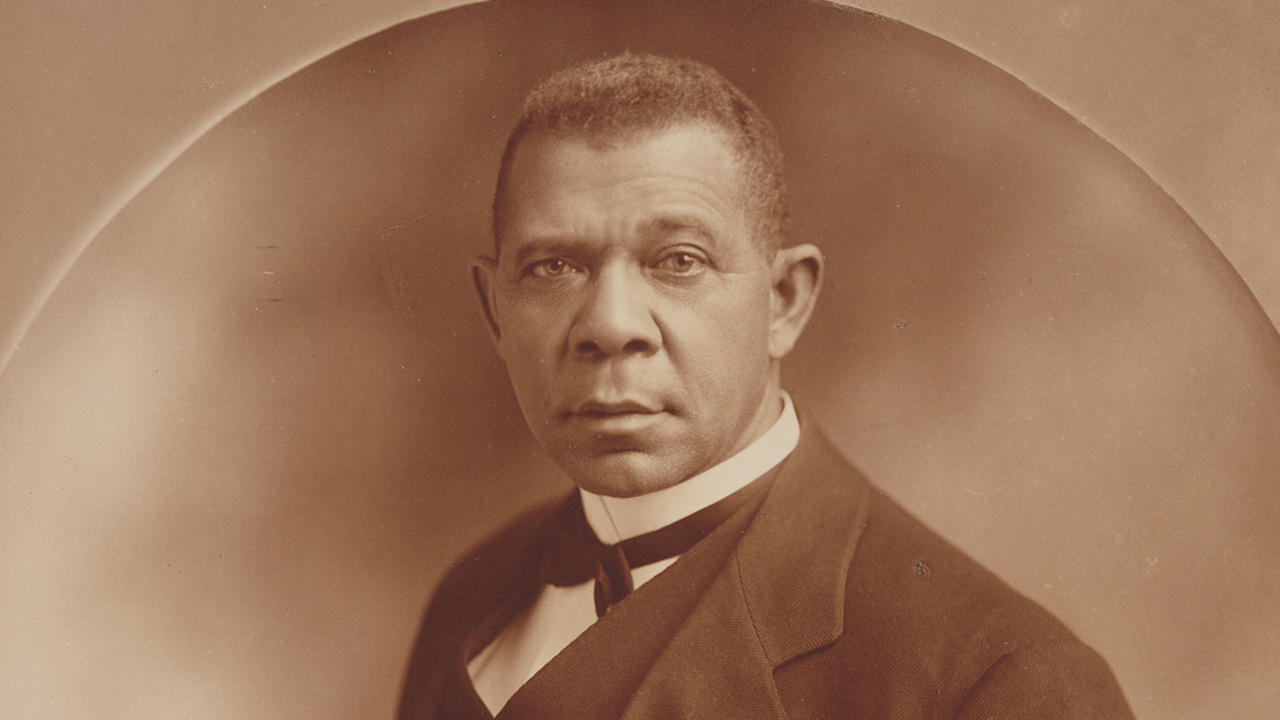In 2009, after she earned a doctorate in political science from Emory University, Kelly Burton launched Nexus Research Group (NRG). The group provides consulting for clients in designing and implementing social-impact projects in predominantly urban, minority communities. It’s been successful, maintaining a book of work and a healthy track record. Then her second entrepreneurial venture didn’t go as well.
Burton, 42, grew up in a working-class family, a family proud of its heritage. She says she’s particularly impressed by the Black community’s “Golden Age” of entrepreneurship in the early 20th century. Tragically, she says, the genius of these men and women is often overlooked despite their potential for developing solutions to some of the nation’s most persistent social problems. This, combined with an entrepreneurial crisis, provided insight and gave shape for a new venture.
In June, Burton talked with Common Good’s Amy Sherman about her work and her hope for the future of work in Black America.
I wonder whether there have been any particular Black entrepreneurs from history who have inspired your own creativity?
For me it’s less about an individual and more about the experience of Black people in this country. I feel that my purpose on this planet is to build on what has been done by those gone before. I stand on the shoulders of ancestors whose wealth was extracted, whose blood has been spilled, and whose dreams have been sacrificed. I believe I owe it to them to live into their resilient spirit and be the boldest innovator I can be.
What unique practices of ingenuity have you seen among Black entrepreneurs?
What I see with the highly successful entrepreneurs, those who achieve national prominence, is that they just really have to think outside the box because traditional systems are not set up for them to be successful. I think about Dawn Dickson of PopCom and how she was one of the first to leverage equity crowdfunding — she raised a million dollars. Or someone like Jasmine Crowe who’s really leveraged the pitch competition to be able to advance her work. For the average Black small business owner, what I see is bootstrapping. That’s our superpower. But, unfortunately, it’s also our kryptonite because it sets a ceiling on growth. About 97 percent of all Black-owned businesses have no employees.
Can you describe what’s wrong with the traditional system for accessing capital? What particular challenges do Black entrepreneurs confront?
The biggest challenge that we’re currently facing is that the investment sector — whether that’s traditional capital like bank loans or angel capital or venture capital — has not figured out the equity play. I’m talking about what is necessary in order to level the playing field. The average Black child comes into the world with one-tenth of the inherited wealth of the average white child. Ten times greater access to resources is going to bear out over that white child’s lifespan. It’s going to determine the quality of the neighborhood that they live in, the quality of their schools and health care, etc. It likewise shows up in their businesses. It has implications for their ability to raise a family-and-friends round [of startup capital] and their ability to put more personal savings into their ventures.
So how this shows up in the investment space is that investors have the exact same check boxes for Black and brown folks as they have for white folks, but whites have 10 times the resources.
Let’s say the task is to make a birthday cake. I give one person the ingredients necessary to make a birthday cake. And then I give a second person the ingredients to make a cupcake. And I come back around, and say, “OK, let me see your cakes!” And the first person shows off this gorgeous birthday cake. And I say “Great job.” And then I go to the second person and they say, “Here’s a cupcake — and I promise you it is the most delicious cupcake you have ever tasted!’ But I say, “You were supposed to make a cake with that!” They respond: “But I only got the ingredients for a cupcake.” And that’s what we’re seeing over and over again. They are expecting Black and brown folks to come, checking the exact same boxes that white folks can check. And it’s not fair because they didn’t have the same inputs that go into the creation of a scalable, viable business.
Was this “cupcake problem” the main problem that motivated you to start FOC?
Yes, it was exactly the cupcake problem that triggered me to start Founders of Color.




